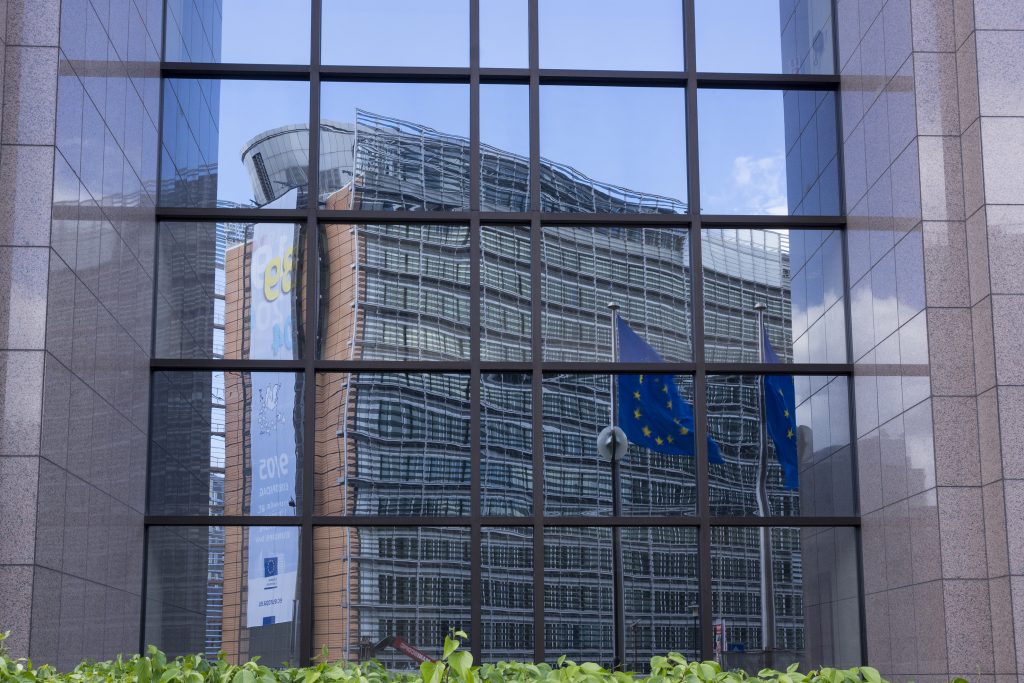
Spanish Supreme Court allows tax benefit to company directors
Spanish Supreme Court allows tax benefit to company directors
A Spanish Supreme Court Ruling on 20 June 2022 effectively reverses the decision by the Spanish tax authorities to remove the tax exemption for company directors for works carried out abroad(1). In its ruling, the Supreme Court considers that directors and board members can apply the exemption, provided that requirements set out in Article 7.p) of the Personal Income Tax Act (LIRPF) are met, something which the tax authorities had previously refused.
It was understood by Spain’s Directorate General for Taxation (DGT) that the exemption for works carried out abroad was exclusively applicable within the framework of labour relationships of a dependent nature. This meant that only those who received compensation in respect of labour or statutory dependent employment relationship with the employer could apply the exemption for certain overseas work. In the DGT’s view, this could not apply to directors and board members who, legally speaking, have a business rather than employment relationship with the company, even if their remuneration from a Personal Income Tax (PIT) perspective is considered employment income and not business income.
A less restrictive interpretation applied
In its ruling, the Supreme Court specifies the scope of the expression “employment income perceived for works carried out abroad”. The Court held that, for these purposes, the provisions of Article 17 of the Personal Income Tax Act (LIRPF) must be applied in their entirety, without differentiating nor discriminating between income from work by nature(2) and that by legal decision(3). This includes the remuneration of directors and board members acting in their place and other members of representative bodies.
Furthermore, the Supreme Court commented that a restrictive interpretation maintained by the DGT to only apply the exemption to employment income makes no sense and goes against a literal, logical, systematic and purposeful meaning of Article 7.p) LIRPF. Therefore, the Supreme Court concluded that this exemption may be applied to income received by directors and board members.
Caveat regarding supervision and control tasks
A different issue is the type of work that can benefit from this exemption. While this aspect is not part of the Supreme Court’s decision, the Court did reiterate that Article 7.p) LIRPF applies to “works carried out abroad” without specifying the type of work. As the Court has ruled on other occasions, Article 7.p) does not contemplate the nature of the work carried out, nor does it require a certain duration of trips or permanence. In particular, it does not prohibit supervisory or coordination work.
However, it is important to mention another recent Supreme Court decision dated 22 March 2021 This decision concluded that “the mere participation in the boards of directors of the foreign subsidiary in representation of the parent company is not suitable for applying the exemption in Article 7.p) of the LIRPF”.
As a consequence of this 2021 Supreme Court decision, the one discussed here and the reference that Article 7.p) LIRPF itself makes to Article 18.5 of the Corporate Income Tax Act indicate that, as where services that do not generate an advantage or profit for the foreign subsidiary, the shareholder’s supervision and control tasks may not be covered by the ex-emption of Article 7.p) of the LIRPF.
Exemption application considerations
The exemption included in Article 7.p) LIRPF can be applied both by the taxpayer in the annual PIT return and by the employer through the obligation to withhold on account of income tax on the employment income paid.
Therefore, it’s essential to analyse the impact that this Supreme Court ruling may have in specific cases and, in particular, to analyse the fulfilment of all requirements contemplated in Article 7.p) LIRPF to apply the exemption, taking into account the new criteria the ruling has established.
It’s also important to fully assess the impact of this ruling for non-closed, or non-barred, tax periods in relation to the future impact and within the framework of the employer’s tax withholding obligations. Regarding previous years, undertaking a review procedure for applying the exemption in PIT returns already submitted using the rectification of self-assessment with a request for a refund of excess tax paid is recommended.
In conclusion, directors and board members may apply the exemption for works carried out abroad for the benefit of a non-resident entity or permanent establishment. However, a case-by-case assessment of the nature of the work provided should be undertaken. Finally, applying the exemption needs additional consideration.
How Mazars can help
We offer a specialised team for advising and implementing the employment income exemption for Spanish staff posted abroad. Mazars can also assist you with undertaking a review procedure for applying the exemption in PIT returns already submitted.
(1) Article 7.p) of the Personal Income Tax Act (LIRPF)
(2) provided for in paragraph 1 of Article 17 in the LIPRF.
(3) provided for in paragraph 2 of Article 17 in the LIPRF.


































